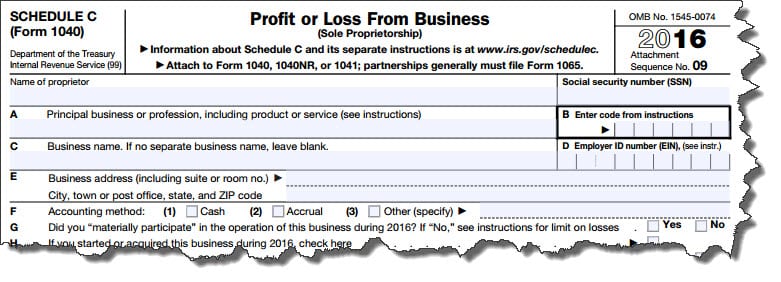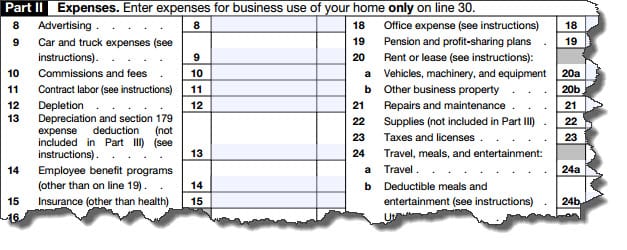When a Hobby Becomes a Business
A few dollars here, a few dollars there. What do you do when the money from a hobby starts to add up?
Maybe you didn’t consider it a real business when you first started working on friends’ computers or building birdhouses or designing logos and other graphics for people. At first, you just charged for materials. But eventually, you started charging more for your time, and then you realized that you were making a profit from your work.
That’s when the Internal Revenue Service gets interested. If you’ve turned a profit for three of the last five years (including the current one), the IRS considers your hobby to be a business, complete with the obligation to pay income taxes.
The good news is, of course, that you can start writing off some expenses. And there’s something to be said for building something from nothing on your own. But you need to consider whether it’s time to formalize your venture by filing a Schedule C.

When it’s time to stop calling it a hobby and call it a business, you’ll be filing a Schedule C with your Form 1040.
9 Questions
Some IRS rules are absolute when it comes to reporting your income and expenses for tax purposes. The numbers on your W-2s and 1099s are the numbers you’ll enter on your tax forms, for example. And your mortgage interest is your mortgage interest.
There’s a little more gray area in determining the difference between being a hobby or a business in the eyes of the IRS. If you think you’re a business and you’re happily doing what you’re doing to make a profit, you’re a business.
Maybe, though, you’d rather your efforts remained a hobby. There’s no absolute, cut-and-dried test to determine your status. But there are nine issues that the IRS would like you to consider. The agency wants you to “…take into account all facts and circumstances with respect to the activity. No one factor alone is decisive.”
Here, then, is what you’ll need to ask yourself.
- Whether you’re carving little wooden figures, creating your own jewelry, or writing online content for people, are you doing it in a “businesslike manner?”
- Think of the time and effort you put into your work. Are they enough that it seems you’re clearly trying to make your venture profitable?
- Do you need the money you’re making? Does it represent at least a part of your livelihood?
- What about the losses you’ve taken? Are they caused by “circumstances beyond your control?” Or do you consider them normal for a fledgling small business?
- Have you ever changed the way you do things to turn a higher profit?
- Are you going it alone, or are people advising you? Do you—or they—know enough about what’s required to turn your hobby into a successful business?
- Did you make a profit in previous years from doing the same activity?
- Do you make a profit some years? How much?
- Are you anticipating making a profit in future years from the “appreciation of the assets used in the activity?”
Claiming Expenses
The IRS does have rules about what you may and may not claim on the Schedule C as business expenses. You’ll learn all about them the first time you file taxes as a business. The agency’s general rule of thumb is that you can deduct “ordinary and necessary expenses” required by the work that you do. Other words it uses to define the allowable expenses are:
- Common
- Accepted, and,
- Appropriate.
Here’s where you may need our help. You can, of course, call us if you want to talk about whether you are indeed a business. You may also want to explore your options for your business structure. Many one-person ventures are sole proprietors, but there are alternatives.
Determining what you can and cannot claim as legitimate business expenses may be challenging for you the first time or two around. We can help you in three ways here. First, we’ll get you set up with good cloud-based applications or mobile apps that can help you with your ongoing record-keeping. Attempting to run a business on paper is very difficult, and things can slip through the cracks.
We’re also available to work with you on your income tax return. Finally, once we’ve learned about your business, we can get you started on a year-round tax planning strategy. No one likes surprises at tax filing time, and we’d be happy to help you avoid them.



